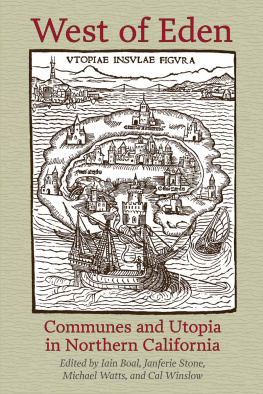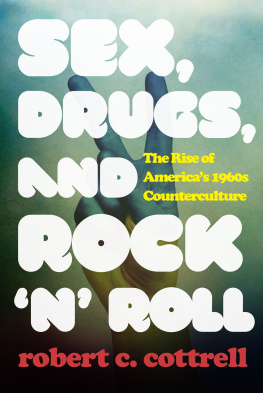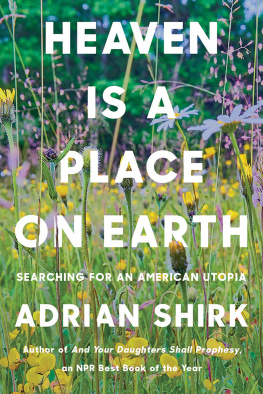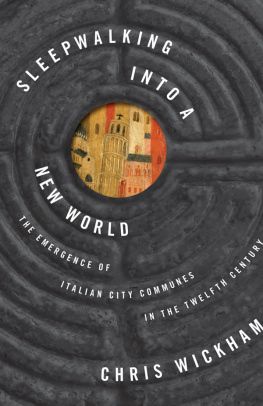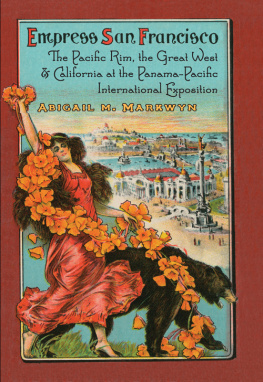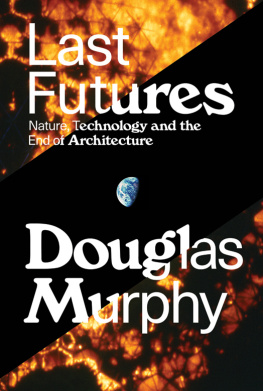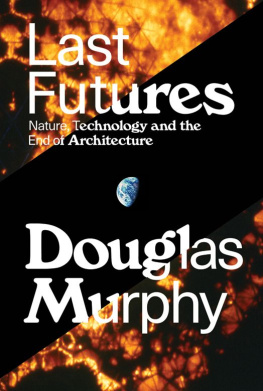Praise for West of Eden
As a gray army of undertakers gather in Sacramento to bury Californias great dreams of equality and justice, this wonderful book, with its faith in the continuity of our states radical-communitarian ethic, replants the seedbeds of defiant imagination and hopeful resistance.
Mike Davis, author of City of Quartz and Magical Urbanism
Utopiaswe cant live without them, nor within them, for long. In West of Eden we see California, an earthly utopia, and the 1960s, a utopian moment, in full flower. Brave souls creating a heavenly host of communal spaces on the edge of America, hoping to break free of a world of capital, sexism, oligarchy, race. An amazing place and time that, for all its failures, changed the worldand which finally gets its due in this marvelous collection.
Richard Walker, UC Berkeley, author of The Country in the City
There are a lot of versions of the 1960s, and this is one that isnt stale or familiar, a book by a lot of good writers and original thinkers about how some much older ideas about the commons and the community were tinkered with, enlarged upon, turned into experiments that sometimes succeeded, sometimes failed, but left legacies that mattered. Its also a book about Californias tendency to go experimental, idealistic, and eclectic, a fit successor to the classic Californias Utopian Colonies that looked at some of the great nineteenth-century experiments.
Rebecca Solnit, author of Storming the Gates of Paradise
The counterculturefrom the North Beach Parnassus to the underground pressand the Movementfrom Marxists to anarchistsall of it depended on a magnificent base, and here it is described, magnificently: the Oakland breakfast program, the Alcatraz occupation, the Mime troupe, and pot farms, the communes, the collectives, the co-ops of California during the 1960s. On the lam? A bad trip? Burnt out? Cracking up? AWOL? Dropping out? Requiring metamorphosis? These could provide rural and urban alternatives to Cold War, patriarchy, speed-up, or death in the jungle. With roots in previous decades of struggle by trade unions, ethnic enclaves, religious breakaways, and nineteenth-century dreams, and with branches in the lore of our own contemporary food-ways, child-rearing practices, decision-making and meeting protocols, sexual politics, and DIY culture, the California communards cleared the path. Both veterans and young folk, grey-hairs and newbies, will find beautiful memoire, authentic experience, and brilliant analysis in the pages of West of Eden.
Peter Linebaugh, author of The Magna Carta Manifesto
The Retort imprint publishes books and pamphlets in the
spirit of resistance to capital and empire, emerging from
the collaborative activity of the Retort group of antinomian
writers, artists, and artisans.


West of Eden: Communes and Utopia in Northern California 2012 by Iain Boal, Janferie Stone, Michael Watts, and Cal Winslow as well as the individual contributors.
This edition 2012 by PM Press
All rights reserved. No part of this book may be transmitted by any means without permission in writing from the publisher except
Counterculture, Cyberculture, and the Third Culture: Reinventing Civilization, Then and Now, Lee Worden, used under a Creative Commons Attribute-ShareAlike license: http://creativecommons.org/licenses/by-sa/3.0/
ISBN: 978-1-60486-427-4
Library of Congress Control Number: 2011927960
Cover design by Lisa Thompson (www.duckdogdesign.com)
Cover illustration by Mona Caron (www.monacaron.com)
Retort logo by Lori Fagerholm (www.lorifagerholm.blogspot.com)
Layout by Jonathan Rowland
10 9 8 7 6 5 4 3 2 1
PM Press
PO Box 23912
Oakland, CA 94623
www.pmpress.org
Printed in the USA on recycled paper, by the Employee Owners of Thomson-Shore in Dexter, Michigan.
www.thomsonshore.com
Contents
For Jeff Lustig
Bay Area denizen,
radical communitarian,
and dean of California Studies
Acknowledgments
T he editors would like to extend their thanks, first and foremost, to the West of Eden contributors, who have given generously of their time and energy in this collective effort; to the dozens of communards, coop-erators, and intransigent utopians who gathered at various eventsconferences, workshops, and conviviain Berkeley and Mendocino, to excavate and discuss the history of commoning in California; and to all those who shared their experiences over the microphone or around the tables at Arch Street, Gibney Lane, Jughandle Farm, the Caspar headlands and Albion Ridge. Their communal memories gave form and their enthusiasm fuel to a project both lengthy and heterogeneous, a many-hued patchwork of memoir and documentation, testimony and analysis.
Among the many people who helped, unstintingly, in the weaving of West of Edeninforming, enriching, nourishing what the book becamewe wish to acknowledge in particular the assistance of Zo Abell, Russell Bartley, Sylvia Erickson Bartley, Gillian Cartwright Boal, Jim Boydstun, Michaela Brennan, Summer Brenner, Charles Briggs, James Brook, Chris Carlsson and Shaping San Francisco, Edward Castillo, Lincoln Cushing and Docs Populi, Massimo De Angelis, Erin Elder, Tom Farber, Jack Forbes, Carmen Goodyear, John Gillis, Shirley Guevera, Bill Heil, Margo Hinkel and the pioneers of Project Artaud, Dawn Hofberg-Schlosser, Helen Jacobs, Billy X Jennings, Dave Jenson, Judith Keyssar, Sara Kirkpatrick, Walter Kirkpatrick, Jeff Kitzes, Art Kopecky the chronicler of New Buffalo and keeper of the communal flame, Sasha Lilley, Peter Linebaugh, Andrea Luna, Malcolm Margolin, Claude Marks and the Freedom Archives, Joseph Matthews, Marina McDougall, Bruce and Rosalind Moore, Richard Moore, Vijaya Nagarajan, Micah Perks, Joan Peterson, Megan Shaw Prelinger, Rick Prelinger, Mary Beth Pudup, Retort and its sustaining web of friendships, Walter Schneider, Carl Schoen, Steve Seid and the Pacific Film Archive, Faith Simon, Penny Stinson, Terry Stone, Lee Swenson, Jim Tarbell, Judy Tarbell, Davis Teselle, Jason Wallach, Annie Waters, Dick Whetstone, Margie Whetstone, Diana Wiedemann, Andrea Wilder, Loyes Wilkinson, Mac Wilkinson, Tom Wodetzki, Eddie Yuen, and the late H.K. Yuens Social Movement Archive and Frog in the Well Project.
A special word of thanks are due to Mona Caron and Lisa Thompson for their artistic and graphic skills with the cover design; the dtournement of Holbeins woodcutthe frontispiece to Utopiamight have made even Sir Thomas More smile. Zoe Friedman-Cohen assiduously researched the illustrations, for which we are indebted to the Bancroft Library and staff, and to Tom Copi, William Gedney, Michelle Vignes, the Graduate Theological Union in Berkeley, Stephen Shames, the Stanford University Library (Special Collections), and Ramn Sender.
We are grateful to the Mendocino Institute and the Institute of International Studies, UC Berkeley for hosting the inaugural workshop and conferences; to Berkeleys Townsend Center for the Humanities for material support; and to the now dismantled Department of Community Studies, UC Santa Cruz, which was born on the floodtide of the 1960s and for forty years worked to keep the idea of the commons alive.
Finally, we are gratified that West of Eden
Next page
